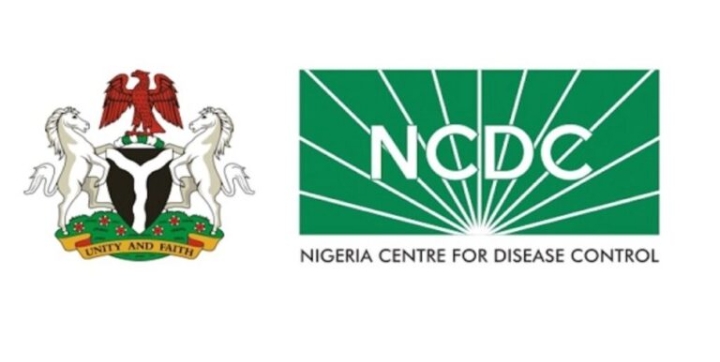The Nigerian Centre for Disease Control and Prevention (NCDC) has released the National Genomics Sequencing Consortium, which is expected to improve the country’s public health systems.
According to the director-general of NCDC, Dr. Jide Idris, it will equally strengthen our health security, this being the core of NCDC mandate, as well as place Nigeria as a key genomic research destination in the global south.
“We all know the various contributions of genomic sequencing to health security. These range from rapid identification and characterization of pathogens, diseases surveillance and outbreak detection and patterns of transmission.
“Overall, genomic sequencing enhances our ability to respond to health threats by providing detailed insights into the genetic underpinnings of diseases, enabling more precise and effective public health interventions,” he said.
Dr Idris pointed out that the existing rules on sharing genomic surveillance data outside Nigeria are very weak, especially in the private and academic sectors.
He noted out that due to this gap, there has been great loss of data and great loss of opportunity to benefit the nation.
Further, he revealed that Nigeria lacked “a centralized national genomics data repository,” noting that “a cardinal goal would be to develop a comprehensive strategy that aims to establish such a repository, ensuring data storage, sharing, and utilization to benefit our nation.”
Dr Idris added: “Our strategy would also seek to enhance connectivity between various disease control programs and existing surveillance networks, first within our national jurisdiction and complementarily at the regional level.”



1 Comment
Pingback: Zimbabwean Politician Mahere Refuses to Drop Defamation Suit Against Author Gappah - Mbamali